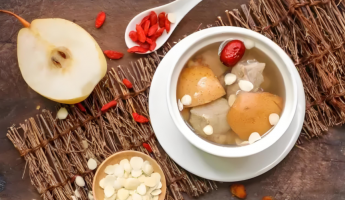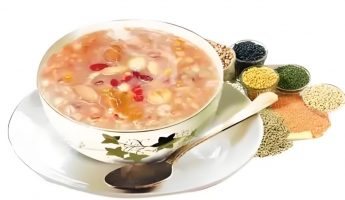In traditional Chinese medicine, the important organs of the digestive system, including the gastrointestinal tract, are collectively referred to as the “spleen and stomach”. Traditional Chinese medicine believes that the spleen and stomach are the “foundation of nurture”, so it attaches great importance to the maintenance of the spleen and stomach, and emotions should not harm the stomach. The Yellow Emperor’s Inner Canon states: “Excessive thinking can lead to stagnation of qi, and over time, it can damage the mind and cause abnormal digestion.” This indicates that tension and anxiety can affect the function of the stomach. Therefore, the practice of thinking and discussing work while eating should be avoided, and chewing slowly is an important principle for maintaining the stomach.
Self massage can improve the function of the stomach. Traditional Chinese Medicine believes that proper self massage can effectively promote the functioning of the stomach. For example, doing self massage once a day in the morning and once in the evening, overlapping hands on the upper abdomen, and rubbing clockwise and counterclockwise 30 to 50 times each can improve gastrointestinal motility and immune function. In addition, massaging the Zusanli acupoint after washing feet before bedtime also has a significant effect on nourishing the stomach.
Moderate exercise helps to strengthen the spleen and nourish the stomach. Traditional Chinese medicine believes that simple stomach nourishing exercises occur in our mouths – stirring saliva with our tongue every morning and swallowing it can produce saliva and nourish the stomach.
In addition, there are acupoints on the feet that correspond to the five organs and six viscera. From the perspective of meridians, the stomach meridian passes between the second and third toes of the foot, and frequent movement of the toes can achieve the effect of strengthening the spleen and stomach. When moving the toes, you can choose to stand or sit with both feet flat, keeping them shoulder width apart, and alternating between grabbing and relaxing the toes 60 to 90 times. This action can be performed barefoot or in soft flat shoes, repeated multiple times a day. Soup should be cooled before drinking. In the cold season, people like to drink hot soup and hot tea. However, when these hot drinks reach the stomach through the digestive tract, they may cause damage to the digestive tract and gastric mucosa, thereby increasing the risk of gastric ulcers and chronic gastritis.



